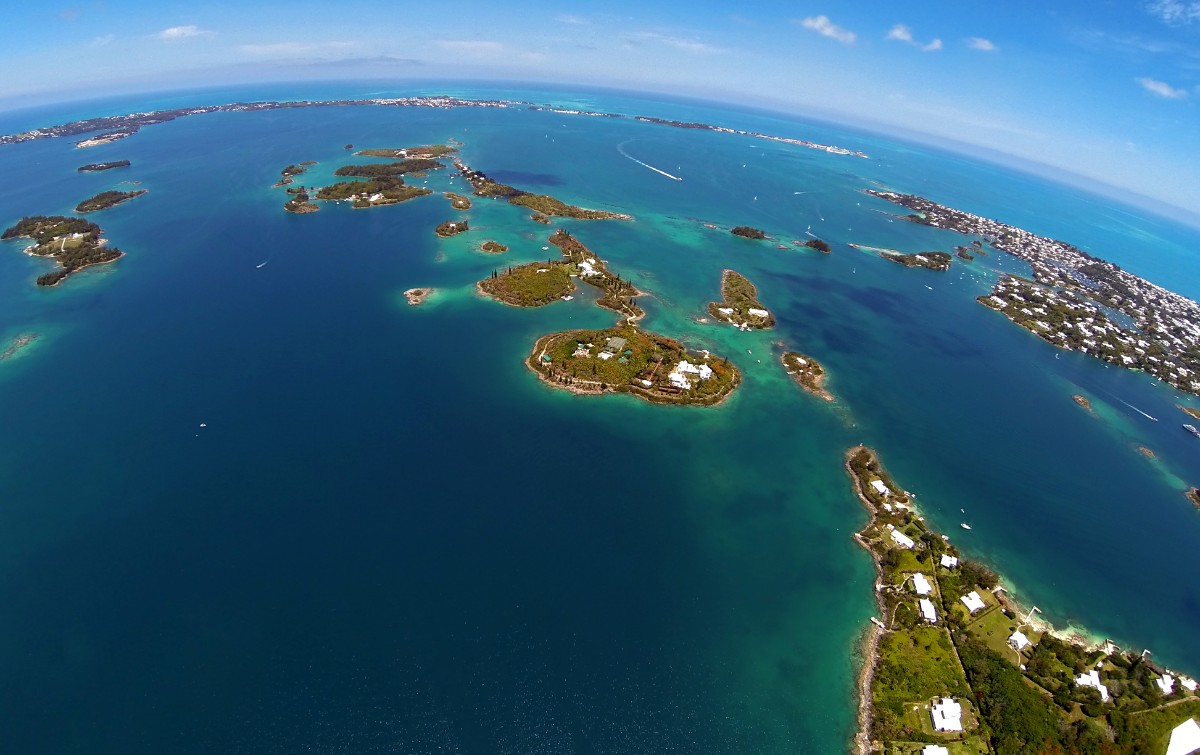 Photo courtesy of BermudaMike on Flickr, CC BY-NC-ND 2.0
Photo courtesy of BermudaMike on Flickr, CC BY-NC-ND 2.0
China’s Opening to Influence the Freely Associated States
Last week, the U.S. Senate Committee on Energy and Natural Resources reviewed U.S. interests in the Freely Associated States (FAS), which include the Republic of the Marshall Islands, the Federated States of Micronesia, and the Republic of Palau. While the FAS nations retain sovereignty and control over their territory, the United States provides defense, funding grants, and social services. In turn, the U.S. benefits from its ability to use FAS as strategic military bases in the Indo-Pacific.
For this reason, FAS nations are important allies in the Indo-Pacific, where China’s forays into the South China Sea have tested U.S. interests. Amid the U.S.-China trade war, bilateral relationships of free association set an example of the benefits of strong ties to the United States.
U.S. Financial Assistance to FAS
U.S. financial assistance is set to expire in the Marshall Islands and Federated States of Micronesia at the end of fiscal year 2023, and in Palau at the end of fiscal year 2024.
Financial assistance provides technical assistance, natural resource management, and other services. This type of assistance is central to joint initiatives, which tackle a range of issues in the region, including natural disaster response, illegal fishing, economic development, and environmental resiliency.
Committee chair Sen. Lisa Murkowski raised concerns that financial assistance expirations may create a leadership and funding void in the region that other nations – particularly China – might try to fill.
“It’s fair to say that if the United States isn’t there with the financial assistance that [FAS nations] would hope for, they’re going to potentially be looking elsewhere. Whether it is Taiwan – fair enough – China, gets us a little more on edge here. But, they will look to others for a level of international assistance and support.”
An Opening for China?
Department of the Interior Assistant Secretary for Insular and International Affairs, Doug Domenech, testified that failing to fulfill the Compacts of Free Association agreements would damage the economic self-sufficiency of FAS nations, undermining U.S. policies in the Indo-Pacific.
“Maintaining the close relationships we have developed through all three Compacts will continue to be an important part of the overall U.S. policy of a free and open Indo-Pacific. An expiration of federal financial assistance in just four years could carry dire consequences for the well-being for the people of three of the United States’ closest partners.”
Assistant Secretary of Defense for Indo-Pacific Security Affairs, Randall Schriver, testified that China’s use of coercive tools to erode sovereignty could undermine long-term U.S. strategic interests in the region. China’s use of debt-trap diplomacy has already expanded their reach into Africa. China’s pursuit of its vision for the region challenges the free and open Indo-Pacific promoted by the U.S., threatening peace and prosperity in the area.
China has increased its engagement with the Pacific Islands over the past decade through development aid, investment, diplomatic engagement, military assistance, and people-to-people exchanges. Since 2006, China has provided $1.8 billion in assistance to the Pacific Islands, putting China third behind Australia ($7.7 billion) and the United States ($1.9 billion). Much of China’s aid comes in the form of concessional loans, which could be exploited for political leverage.
The Future of the FAS
Currently, the FAS nations do not have the same debts to China as some of their neighbors such as Tonga and Papua New Guinea. That could change if the U.S. fails to extend financial assistance to the Marshall Islands, Federated States of Micronesia, and Palau.
Sandra Oudkirk, Deputy Assistant Secretary for Australia, New Zealand, and Pacific Islands at the U.S. Department of State, underscored the importance of strong diplomatic and financial relations at a time when China’s rise is encroaching on other U.S. allies.
“How we handle this relationship is absolutely crucial to how we are perceived across the Pacific. And the threat from China, the tantalizing option of sort of sweetheart deals, concessionary lending, is not just present in the Freely Associated States, but it is even more present in other Pacific island countries. If I could underscore anything at all, is just how important these three countries are as a model and a signal for a whole host of other relationships.”
Ultimately, extending U.S. financial assistance to the Freely Associated States is critical for maintaining U.S. interests and preventing economic dependency on China in the Indo-Pacific.





